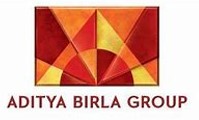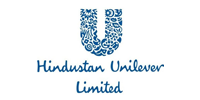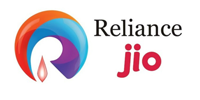PhD Management
Eligibility : Four year graduation degree by research or Master’s degree in related discipline with minimum 55% marks
- Duration : 3 years
- Admission Criteria : Shoolini University's multiple choice entrance test, and assessment of research aptitude through concept note & faculty interaction
PhD in Management Sciences at Shoolini University teaches students how to manage people, machines, money and materials to their best advantage. It prepares scholars to identify pressing issues facing the business community, structure problems and gather data, and create innovative, impactful analysis and solutions.
The curriculum offers a systematic, specialised education on how to apply quantitative techniques, theoretical techniques, and computational models to dynamic decision-making in industry, economics, and other fields, emphasising both research and synthesis.
Experienced faculty members from renowned institutions like NCI, USA, NIH, USA, IISc and Oxford teach this program at Shoolini University.
Along with faculty experts, students get enough opportunities to perform cutting-edge research and acquire relevant, cross-disciplinary experience that trains them to be business innovators in education, industry, government, and consultancy.
Shoolini University gives its students global exposure through collaborations with leading international institutions to enhance their learning experience. Shoolini has over 250 collaborations with top universities like Lanzhou University, China; Gachon University, Korea; University of Naples, Italy; University of Arkansas, USA; University of Maryland, USA.
Shoolini University is UGC Approved and NAAC Accredited.
.jpg)
Mentorship Program
This unique Program brings together top-level executives, CEOs, CHROs, CLOs, and other country heads to provide invaluable career guidance and networking.
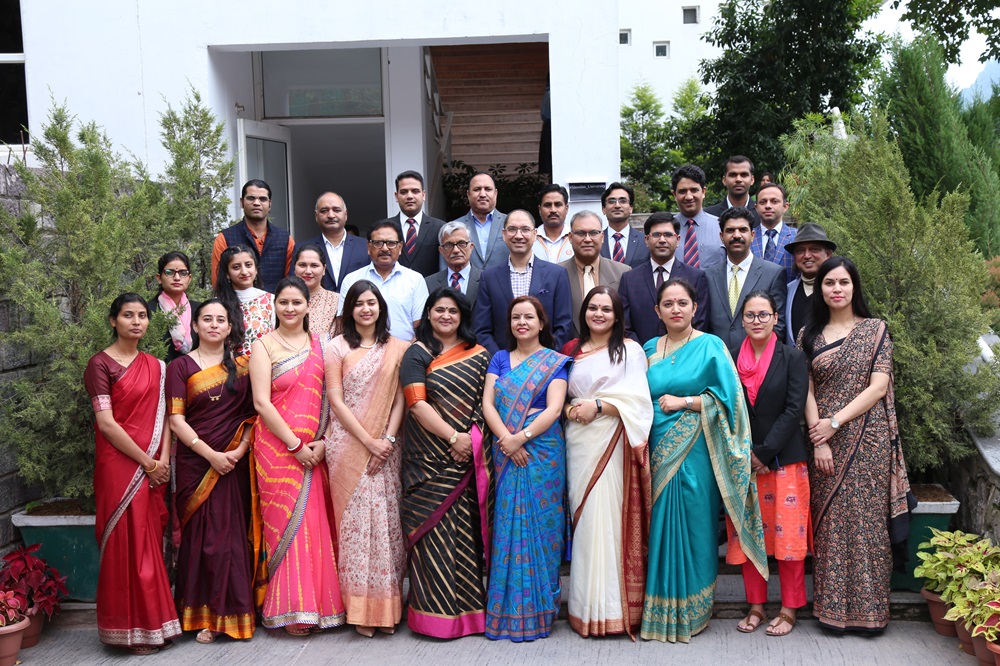
Top Faculty
Faculty members comprise industry heads and distinguished professors from McKinsey, ISB, NCI, NIH, Berkeley, UPenn, Columbia University, Stanford, Oxford.
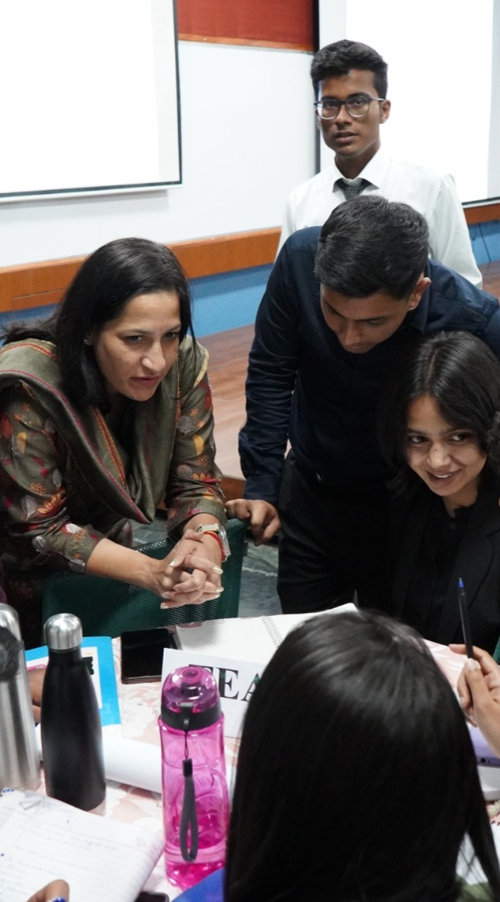
SPRINT: Skill Development
Stanford-Inspired Proprietary SPRINT (TM) Bootcamp enhances the management skills of students with hands-on training, workshops, and insights from global corporate experts.
PhD Management Career Opportunities
- Marketing Managers
- Strategic Managers
- Financial Managers
- Human Resource Managers
- Operational Managers

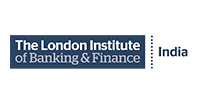

Program Details
Top Faculty
Student Voices
Top Campus Recruiters
Some of the major companies that visit our campus and hire our graduates are:
Frequently Asked Questions
Why is PhD study important?
Enrolling in a PhD program helps you begin or continue research in the field you're passionate about. You can delve deeper, make new discoveries, improve conceptual tactics and apply those concepts through the research conducted. You can decide what to work on, how to work, and chart your journey with support and guidance from a supervisory team.
Can I do a PhD without a Master's degree?
Students with a minimum CGPA score of 7.5/10 in the four-year-undergraduate program (FYUP) will now be eligible for PhD admissions, without having to complete a master’s program, according to the new regulations on the award of PhD degree finalised by the University Grants Commission (UGC).
Do rankings matter for a PhD?
The institution's accreditation by appropriate agencies means the program meets high standards of academic excellence. However, other factors, such as the field of research, number of publications, collaborations, etc., are also considered.
Will a PhD enhance my career prospects?
Doctoral programs require intensive training in research methods. This includes interviews, surveys, questionnaires, clinical trials, and laboratory experiments. These skills are put into practice when the candidate conducts fieldwork for the dissertation. Skills gained in qualitative and quantitative research methodology and statistical analysis are transferable to non-academic research environments, particularly for industrial research. In addition, employers outside of academia seek individuals with sound research skills to carry out projects at think tanks and research institutes in both the private and government sectors.
Why should I pursue a PhD from Shoolini University
Shoolini University is India’s No.1 research university. It follows a unique One Student, One Patent policy that encourages all PhD students to focus on real research and innovation. The university has more than 104 modern labs to support your work. Shoolini researchers are also listed among the top 2% scientists in the world by Stanford University. With 250+ international collaborations, you can work with global experts and institutions.
Latest Blogs
Explore the latest insights and updates in our newest Shoolini University blogs!
Still have Queries? Contact Us
Please fill in the form and an expert from the admissions office will call you in the next 4 working hours.

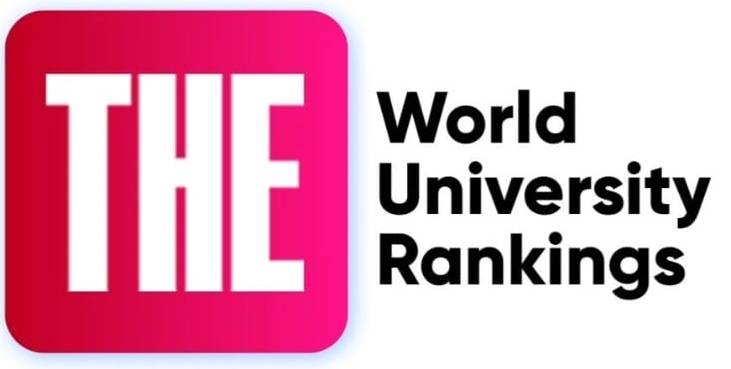

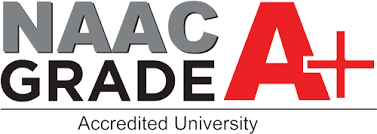
.jpg)
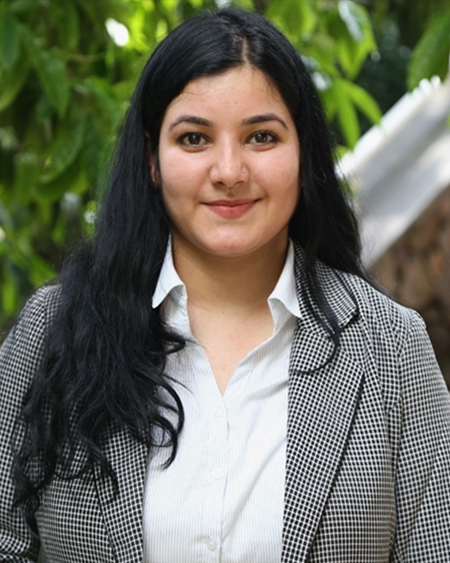

.jpg)
.png)



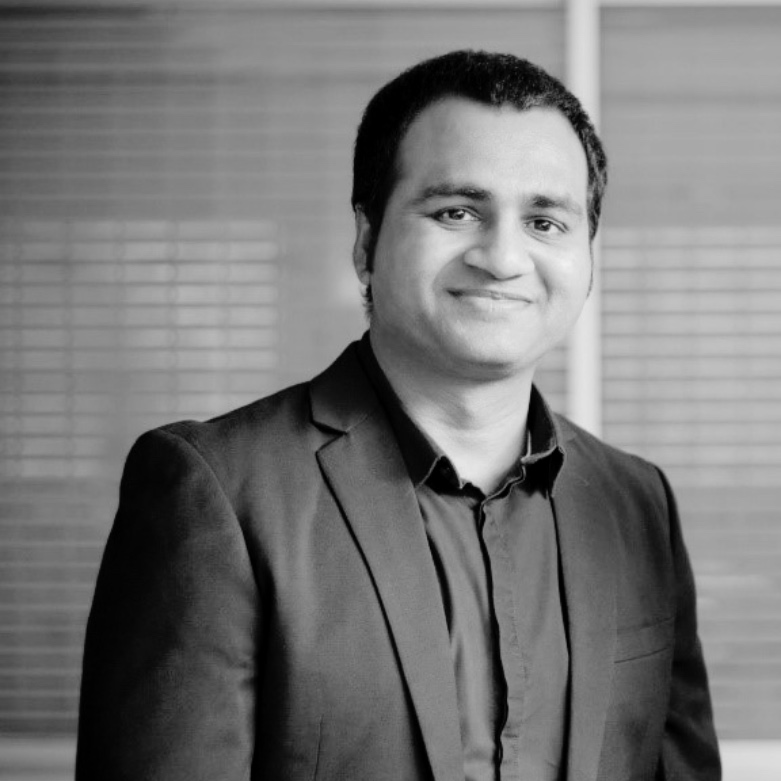
.JPG)

.JPG)
.JPG)

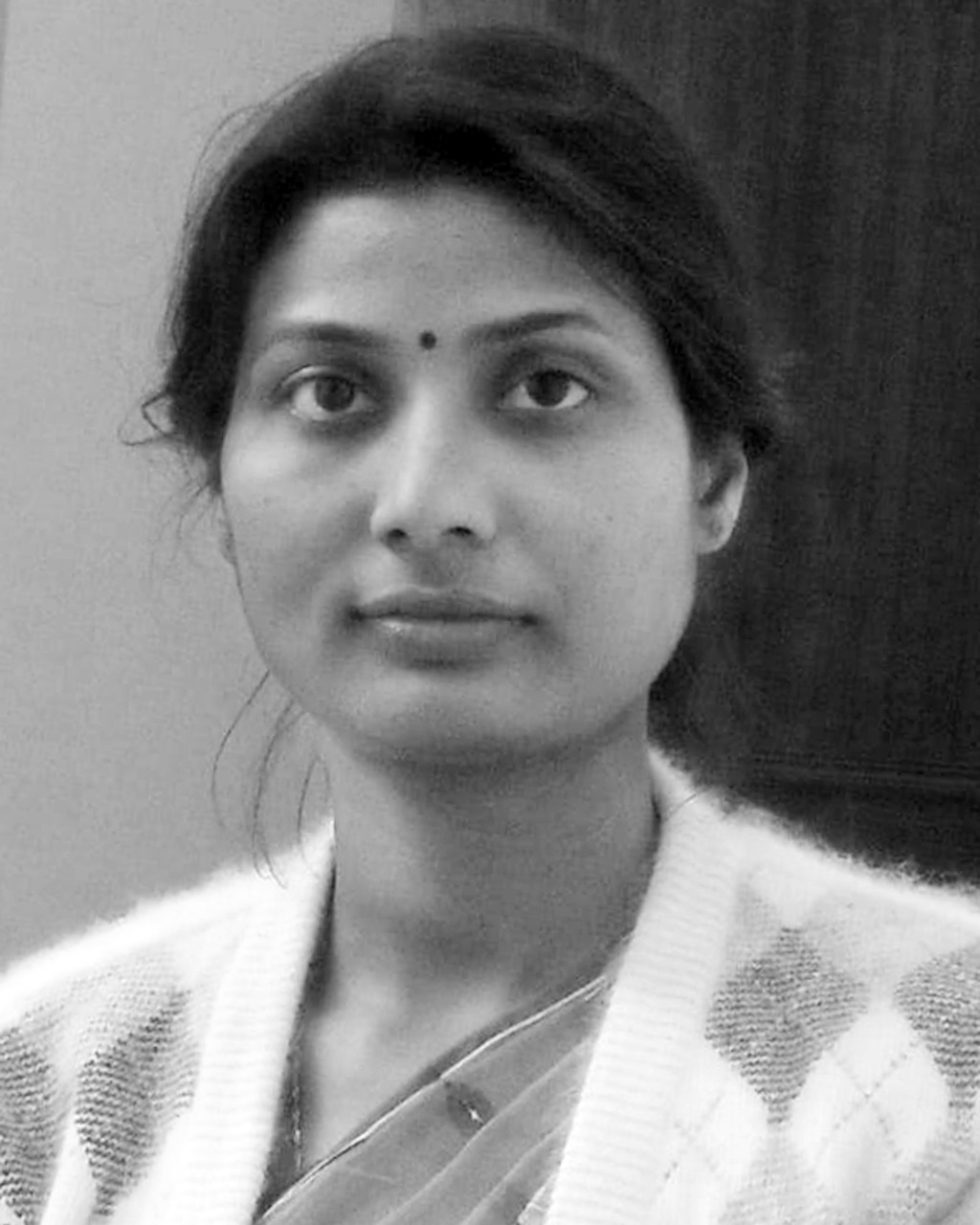











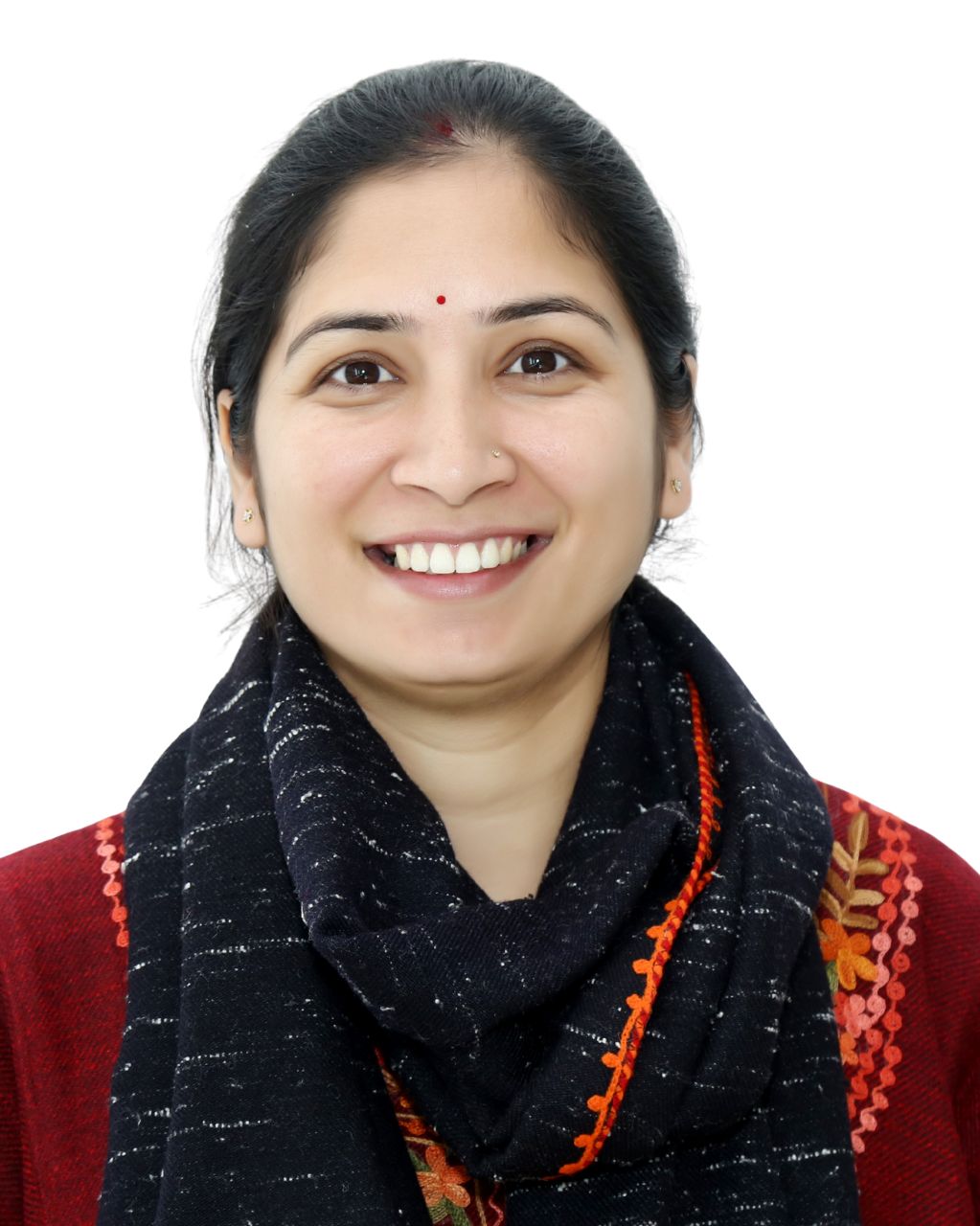





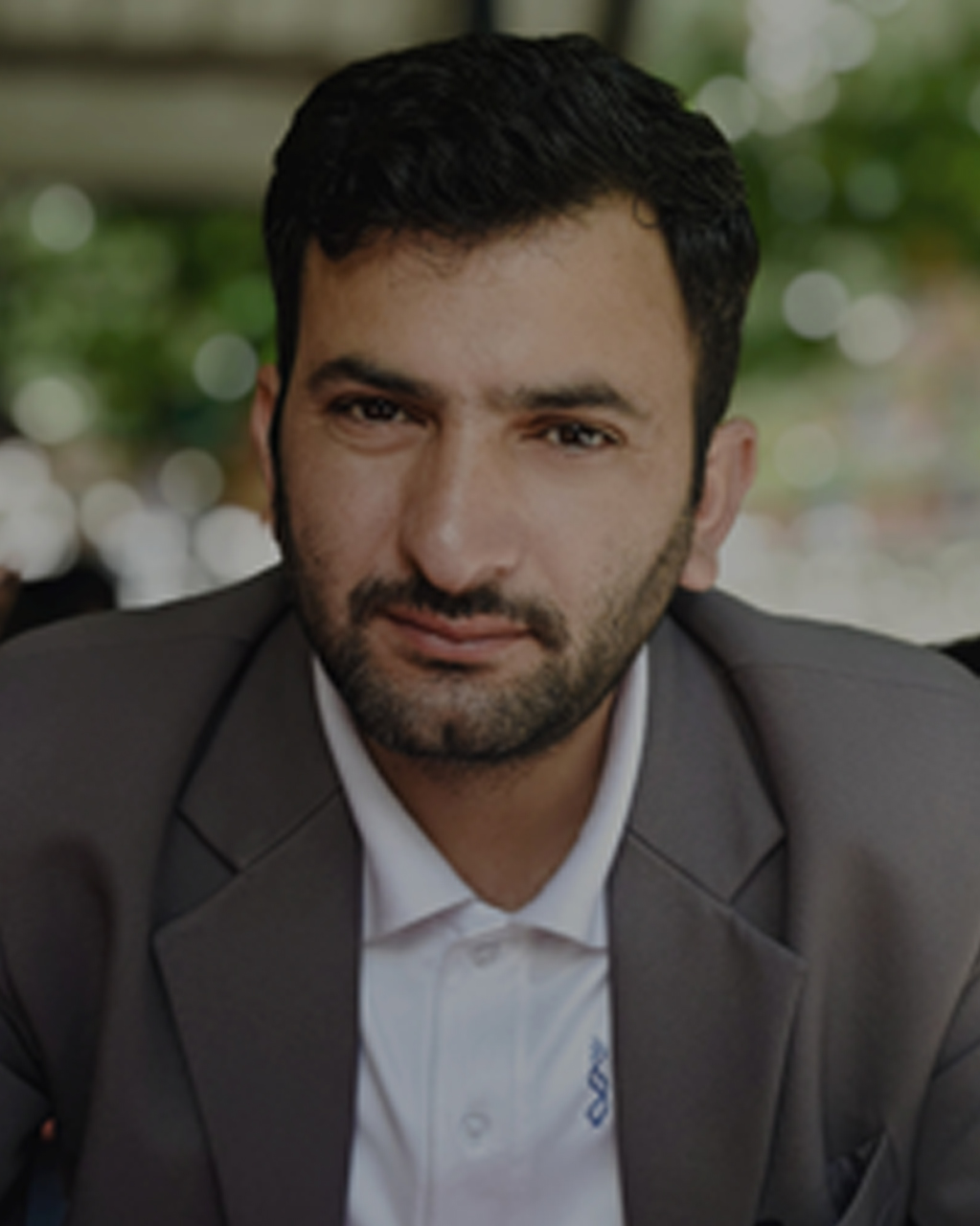

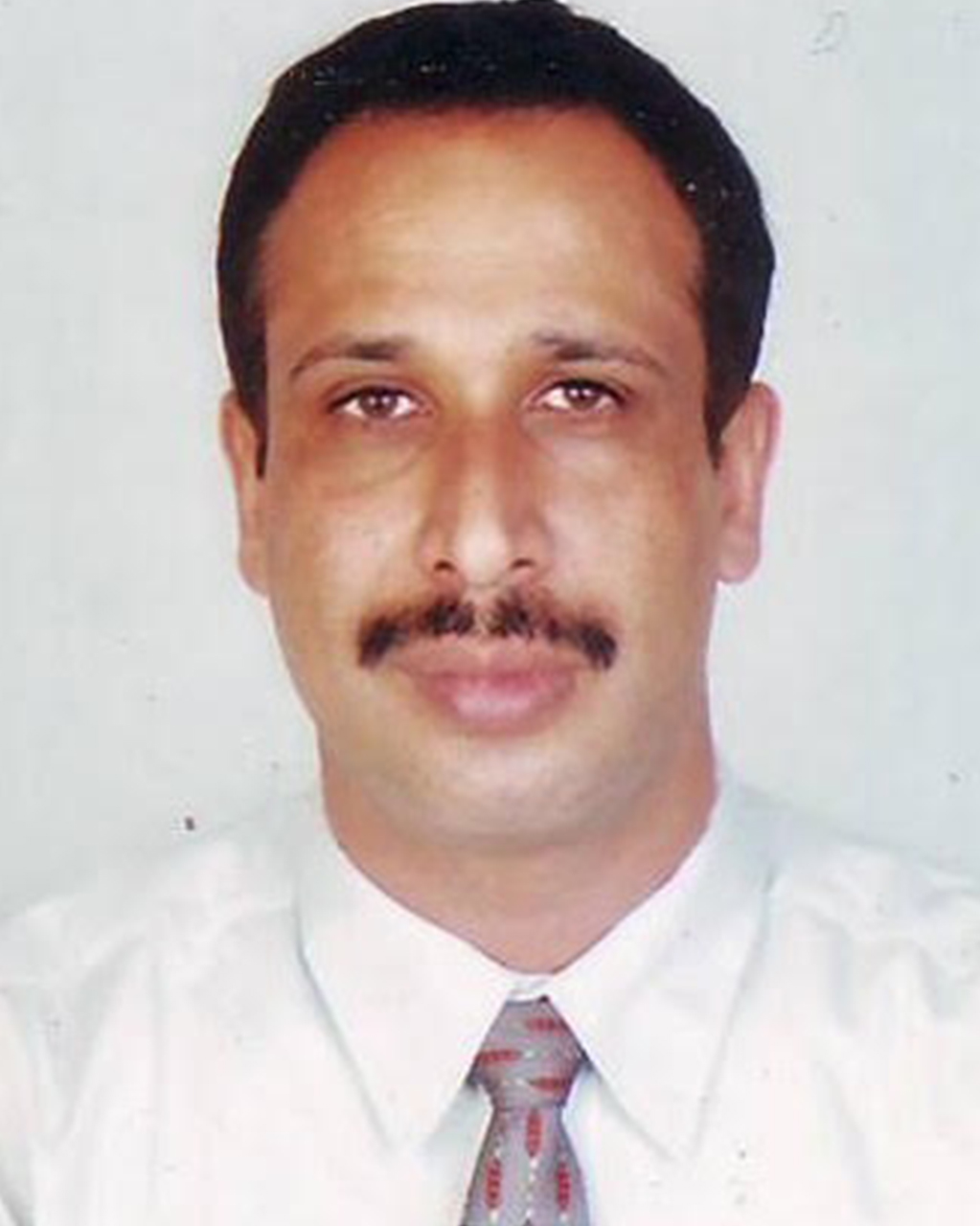

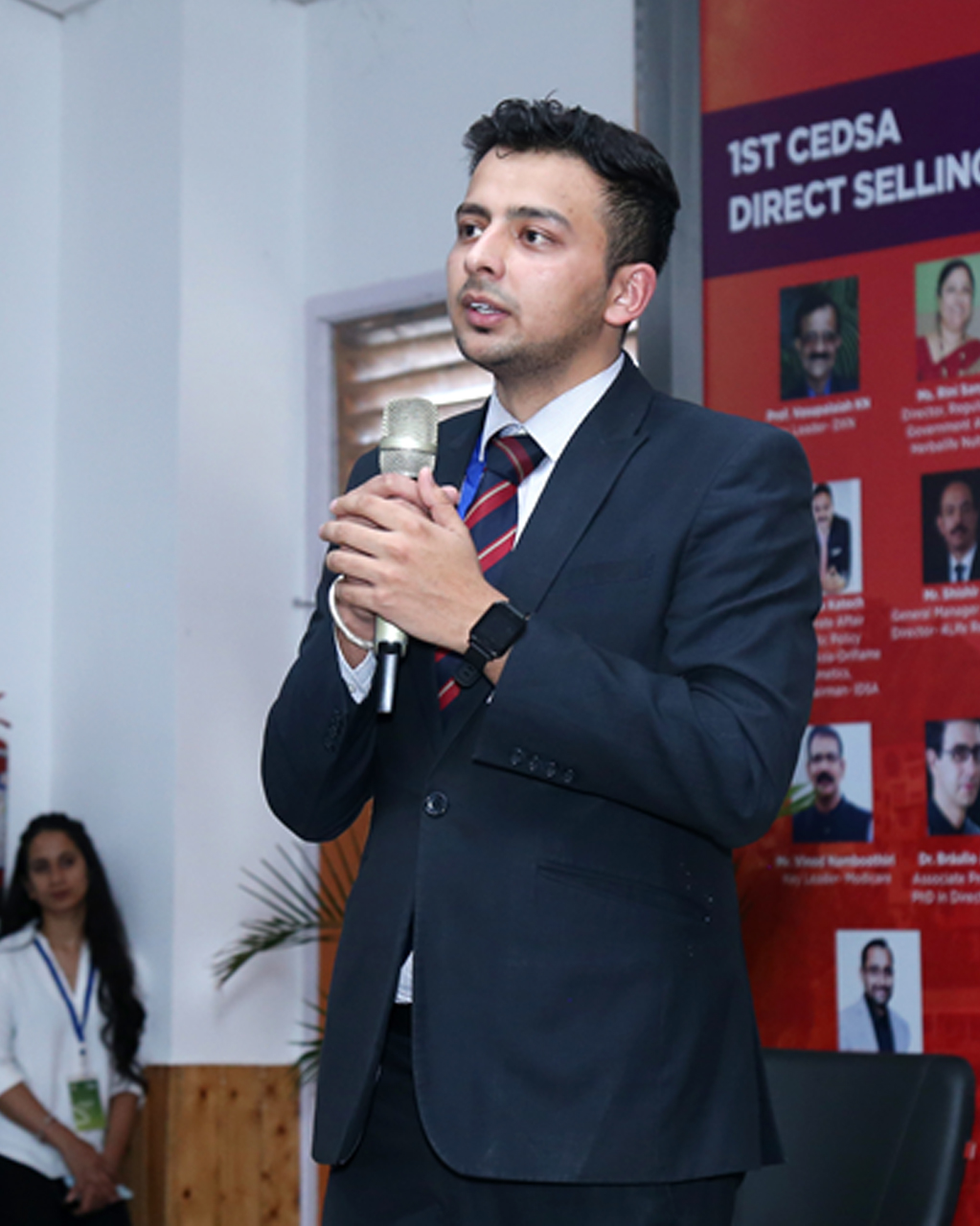





.jpg)
.jpg)






.png)



.png)

.png)
